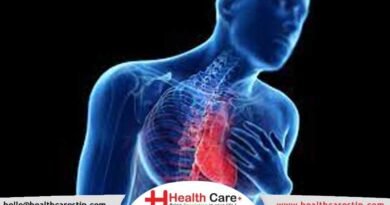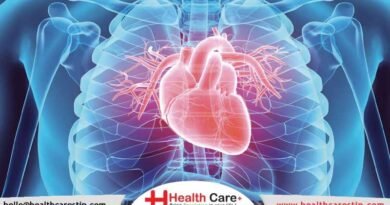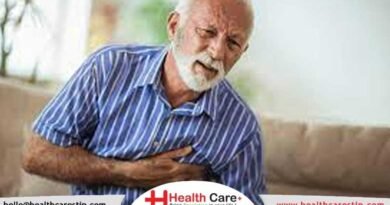What should you do if you think you’re having a heart attack?
What should you do if you think you’re having a heart attack? More often than not, cardiovascular failures start gradually with simply gentle uneasiness and agony, offering cautioning hints before they strike. On the off chance that you experience any of the accompanying side effects, call 911 or request that somebody call 911 right away.
What should you do if you think you’re having a heart attack?
These could be indications of a cardiovascular failure:
- Distress in the chest, particularly the middle, that endures in excess of a couple of moments or goes back and forth. The inconvenience
- might feel like substantialness, completion, pressing, or torment.
- Uneasiness in the chest area parts like the arms, back, neck, jaw, or stomach. This might feel like torment or general distress.
- Windedness. This might accompany or without chest inconvenience.
- Uncommon sensations like a nervous perspiration, queasiness, heaving, tipsiness, or unsteadiness. Ladies are more probable than men to encounter these sorts of side effects.
1. Have somebody call an emergency vehicle
Assuming others are near, advise them to remain with you until crisis clinical benefits (EMS) laborers show up. Calling 911 is normally the quickest method for getting crisis care, rather than requesting that somebody drive you to an emergency clinic in their vehicle. EMS laborers are prepared to resuscitate individuals encountering coronary failures and can likewise ship you to the clinic for fast attention.
In the event that you’re in a public space like a store, school, library, or working environment, there’s a decent opportunity there’s a defibrillator close by.
A defibrillator is the sort of gadget EMS laborers use to resuscitate individuals who are encountering coronary failures. On the off chance that you’re as yet cognizant at the beginning of your cardiovascular failure, train somebody close by to track down the nearest defibrillator. Defibrillators accompany simple to-utilize guidelines, so it’s feasible for a non-EMS specialist to resuscitate you on the off chance that the respiratory failure strikes.
2. Take ibuprofen
At the point when you’re as yet cognizant, take an ordinary portion of ibuprofen (325 milligrams) on the off chance that you have one close by. Anti-inflamatory medicine works by easing back the blood’s capacity to clump. During a cardiovascular failure, headache medicine eases back blood coagulating and limits the size of the blood coagulations that could have framed.
When the EMS show up, they will ship you to the emergency clinic, where you get care for the particular kind of coronary episode you had.
SKIN | PAIN | DIABETES | CANCER | HEART ATTACK | NUTRITIONS | AVOID | HEALTHY FOOD





